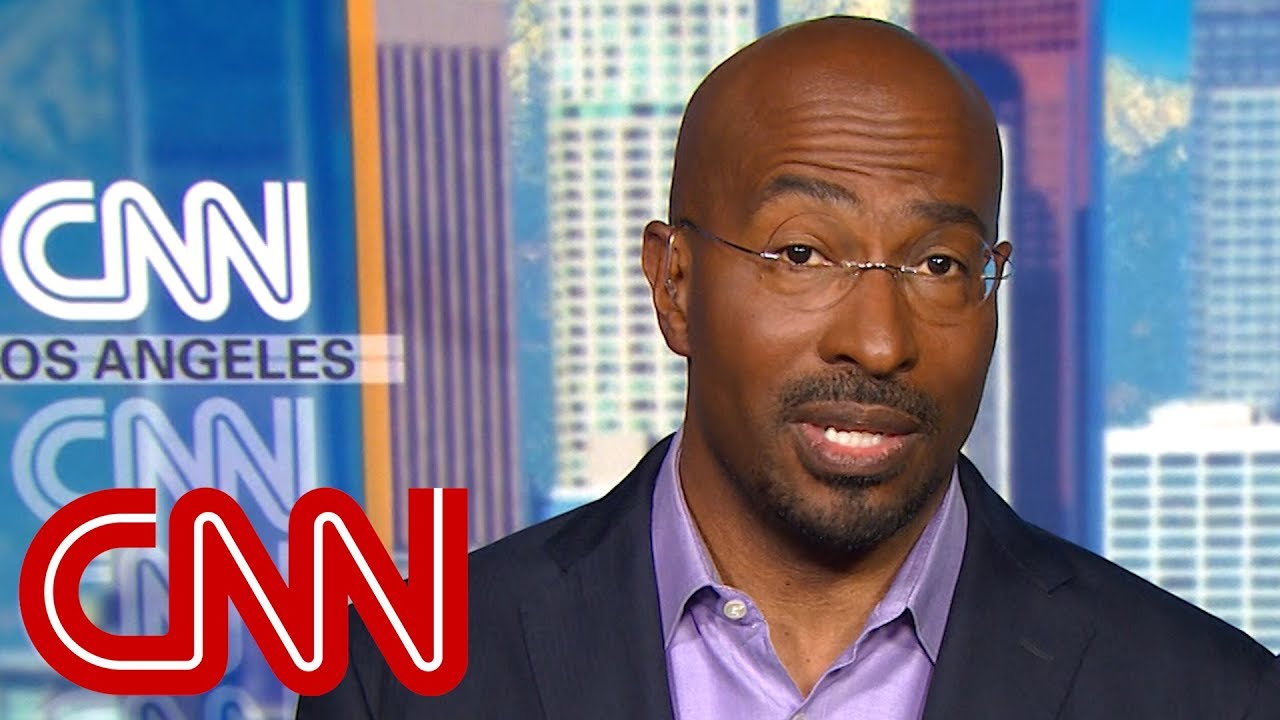
Van Jones Pushing Prison “Reform” That Doesn’t Abolish The Evil Institution Of Prison Slavery
Van Jones is just another mealy-mouthed political operative helping the prison enslavers push prison reform that doesn’t reform prisons right alongside his fellow scam artist and a man he described as a “friend”, Newt Gingrich and one of the Kennedy boys who are all being paid by undisclosed funders to push reform instead of prison slavery abolition. The 13th Amendment ratified after the American Civil War contains an exception clause that “reformed” chattel slavery by moving it to the prisons through the criminal justice system and made all Americans eligible to become slaves of the federal and state governments. It should not be a mystery as to how the United States came to have 5% of the world’s population but 25% of the world’s prison slaves.
Jones recently praised by Trump himself for teaming up with Jared Kushner to push a “bi-partisan” bill that aims to give prison slaves about 10 more days that they can earn for time off their sentence for being good little slaves who don’t cause trouble and enroll in “rehabilitation programs” that don’t exist in federal prisons and the ones that do have a long waiting list. The new bill also doesn’t contain any language that says it would apply retroactively, much like the so-called sentencing reform passed by the Obama administration that prisoners had to sue the Justice Department to apply retroactively.
A spokeswoman for the American Civil Liberties Union cautioned that she saw no language in the bill that would allow this change in good-time credits to be applied retroactively. Kara Gotsch, director of strategic initiatives at the Sentencing Project, another criminal justice reform group, agreed. She said her organization would support retroactivity if it were to be included, but she warned that
such a measure would be strongly opposed by Attorney General Jeff Sessions, who has pushed back against sentencing reforms that would allow inmates to leave prison sooner.The legislation also gives inmates a chance to rack up another type of credit, called earned-time credit, if they participate in rehabilitative programs, allowing them to spend more time in a halfway house or home confinement at the end of their sentence. Compared with previous versions of the bill, the First Step Act could allow a bigger group of inmates to cash in on these credits, though Gotsch cautions that Bureau of Prison officials would still have discretion over the number of high-risk offenders who are included in this group.
She adds that the latest bill does not adequately address other concerns, including that halfway houses likely won’t have space to accommodate the inmates who accrue more earned-time credit. Progressive groups also point out that while the legislation encourages more prisoners to participate in rehabilitative programs, the Bureau of Prisons is struggling with a staggering wait list for the programs it currently offers. And many facilities don’t have enough staffers to run additional programs: Wardens regularly require teachers at federal prisons to postpone or cancel their classes so they can fill shifts for correctional guards in the housing units. Read more.